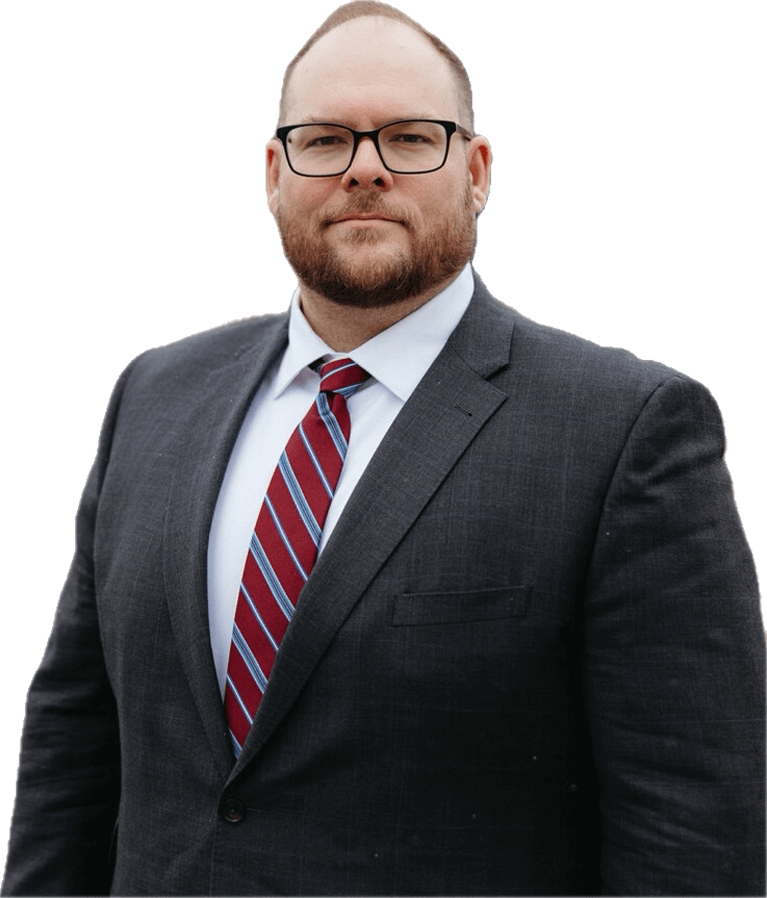Wills and Trusts Attorney in Denver: Don't Leave Your Legacy to Chance
Overwhelmed by estate planning options? We simplify the process with our proven approach to estate planning and custom-tailored solutions that put you in the driver’s seat. Secure your legacy today by calling (720) 713-7093 or clicking the link below.
What Does a Wills and Trust Attorney Do in Denver?
A wills and trust attorney, or an estate planning lawyer, is a legal professional who specializes in individual plans for the distribution of their wealth and affairs after death. If something were to happen to you, it’s important that you have your wealth, assets, and affairs in order. A Wills and trust attorney will help you prepare for that day.
Here are some key responsibilities a wills and trust attorney will perform, depending on the complexity of your estate plan:
Estate planning: Drafting and finalizing wills and trusts is an important part of what a wills and trust attorney does. Documents, including your wills, trusts, power of attorney, and healthcare directives, are drafted and reviewed to reflect your wishes.
Wills and trusts: These are the most important documents a wills and trust attorney will create. A will is a set of instructions for what happens to your assets after you die. A trust is a legal arrangement where you transfer ownership of assets to a trustee for management.
Power of attorney: Designating someone to take over your financial or medical decisions on your behalf is also something that should be included in your estate planning meeting. A good wills and trust attorney will help you create these documents according to your wishes.
Healthcare directives: Similar to power of attorney, healthcare directives give someone else the power to make medical decisions on your behalf. This is important if you are no longer able to make decisions for yourself in an emergency.

Benefits of a Denver Wills and Trust Attorney
Navigating the legal landscape without legal representation can be stressful and time-consuming. While learning to do estate planning by yourself is possible, many people opt to have a wills and trust attorney handle all of the paperwork for them.
Here are the top three benefits of working with one:
Peace of mind
You’ve spent a lifetime building your wealth. Knowing that it will be distributed and managed according to your wishes can feel like a tremendous weight off your shoulders. Trusting an estate planner is the right way to go for those who just want to know their estate is being handled according to their wishes.
Asset protection:
There are a number of asset protection strategies that estate planners often use to shield your assets from potential taxes, lawsuits, and creditors. For example, with the proper legal assistance, you can mitigate inheritance taxes and estate taxes – or the value of your estate when you die.
Legacy planning
Every situation is different, of course. Having a will and trust lawyer work with you individually to ensure all your wishes are included in the importance and benefit of legacy planning. No matter how complicated, an estate planning attorney should be able to work with you to plan your legacy to your specifications.

Why Choose Birch Grove Legal’s Wills and Trust Services?
Comprehensive consultation: At Birch Grove Legal, we offer comprehensive consultations that explore every aspect of how you want your assets and affairs to be handled when you die or are unable to make decisions autonomously – from healthcare directives to mitigating estate taxes.
Tailored Solutions: Whether you’ve never done estate planning and need something basic – or you’re a high-net individual and require complex solutions, Birch Grove Legal will work with you to bestow your legacy with custom-made solutions.
Complex estate planning: From the most basic cases of setting up multiple trusts for asset protection to complex business succession plans – there’s nothing too big or complex that Birch Grove Legal can’t handle. Our attorneys are here to assist you.
What Others Say About Our Practice
Wills and Trust Frequently Asked Questions
Some of the common questions asked by our clients about estate planning and our functions include:
What is the difference between a will and a trust?
A will is a legal document that outlines how your assets should be distributed after your death. It typically goes through probate, a court process to validate the will and distribute assets.
A trust is a legal arrangement in which you transfer assets to a trustee, who manages them for beneficiaries according to your instructions. Trusts can avoid probate, providing more control over asset management.
Do I need a will and a trust?
While not always necessary, many people find it beneficial to have both. A will can address matters not covered by a trust, such as funeral arrangements or guardianship of minor children. A trust can provide asset protection and avoid probate.
What is estate planning?
Estate planning is the process of determining how your assets will be managed and distributed after your death or if you become incapacitated. It involves creating legal documents like wills, trusts, powers of attorney, and healthcare directives.
What is probate? Can it be avoided?
Probate is the legal process of administering an estate after someone's death. It involves court supervision and can be time-consuming and costly. Trusts are often used to avoid probate.
How often should I review my estate plan?
We recommend that you review your estate plan every 3-5 years or after significant life events, such as marriage, divorce, the birth of a child, the death of a loved one, or major asset changes.

How to Get Started with Estate Planning
Estate Planning can be an overwhelming process, but we at Birch Grove Legal can help make it easy. Here are the steps to getting started with our firm:
1. Schedule a Consultation
Give us a call at your convenience. In this preliminary appointment, we will learn about your goals, concerns, and current situation. This call is designed for both of us to see whether we are a good fit.
2. Discuss Your Needs:
We will discuss your family, assets, and other special needs during this consultation. This will give us the information needed to draft a personalized estate plan that suits you.
3. Develop Your Plan:
Following this consultation, we shall move to develop the necessary documents, including wills, trusts, and powers of attorney. We keep you in the loop at each step because your input matters.
